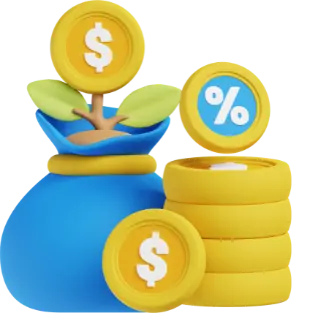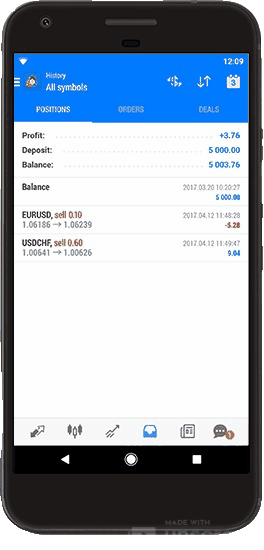Commodities Trading
Trade commodities with confidence

Commodities Trading?
Commodities trading refers to the buying and selling of physical goods or raw materials such as agricultural products, energy resources, and precious metals, typically through futures contracts or exchange-traded funds (ETFs).
Physical vs. Financial Markets
Commodities trade in physical markets with actual goods transactions, while financial markets involve trading futures contracts or derivatives based on commodities.
Speculation and Hedging
Traders engage in commodities trading for speculation, aiming to profit from price changes, and hedging, using contracts to manage risks associated with price volatility.
Commodities with Us
Global Trading
Floating
rates
Overnight commissions
Dynamic changes
Strategy impact
Market schedule
Commodities Trading
Commodities trading offers an avenue for diversifying investment portfolios beyond traditional assets like stocks and bonds. By including commodities, investors spread risk and potentially enhance returns.
Certain commodities, such as precious metals like gold and silver, serve as a hedge against inflation. During times of economic uncertainty, they can help preserve the value of investments.
Commodities markets provide access to global economies and industries. Investing in commodities allows individuals to participate in various markets and capitalize on worldwide trends.
Commodities, known for their price volatility, present opportunities for significant returns. Sudden shifts in supply and demand dynamics can lead to price spikes, offering lucrative prospects for investors.
Including commodities in an investment portfolio can contribute to overall stability. Commodities often exhibit low correlation with traditional assets, providing diversification benefits and reducing portfolio volatility.
Trading Commodities?
Open an account


Make a deposit


Start Trading



